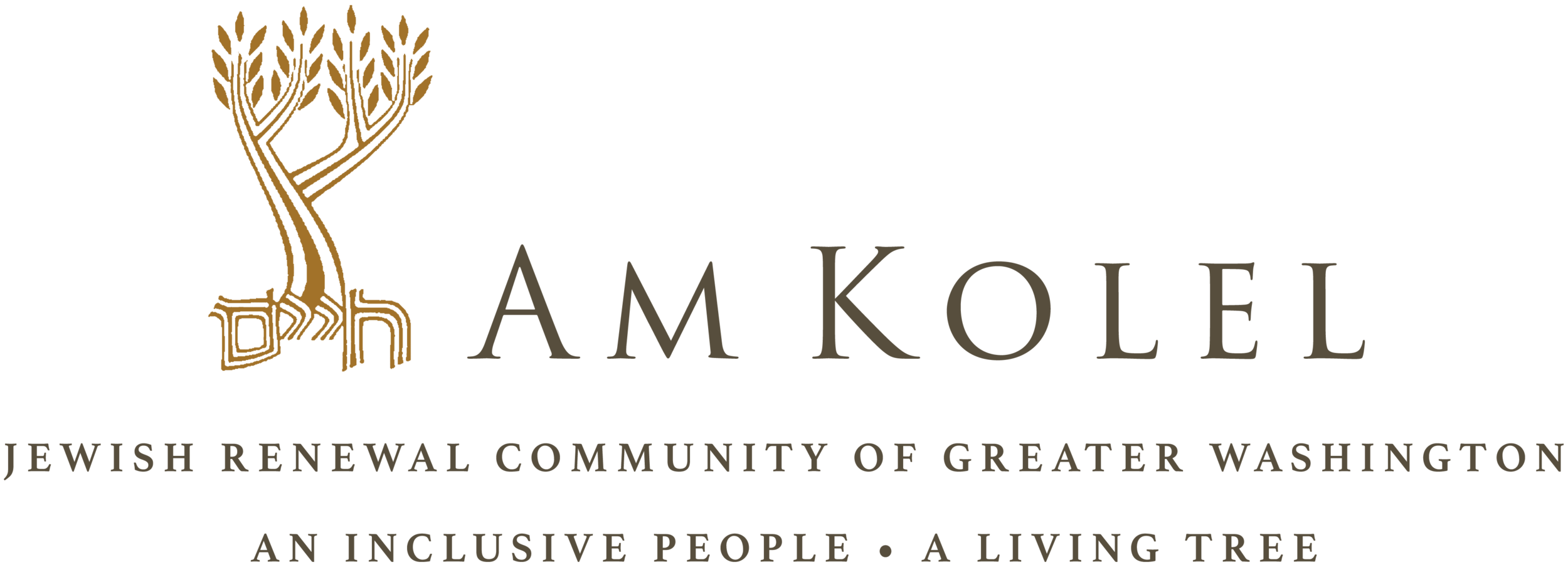Creating Conscious Community is the overriding theme of the Book of Leviticus.
Creating Conscious Community is the overriding theme of the Book of Leviticus.
Each Parsha takes us to a new level of understanding in building a community and a society that is based upon personal and collective accountability before the Source of All, with ourselves, with each other, with animals and with the land.
It is fitting that Leviticus closes with deep teachings about our responsibility for the land, those who work for us (servants or slaves) and the prohibition of lending at interest. These three subjects, discussed and debated much in the Talmud and in our day, are exciting because they bring into our consciousness a vision of the life
Verse 3. “When you come into the land that I am giving you, the land must be given a rest-renewal period, a sabbath to God. For six years you may plant your fields, prune your vineyards, and harvest your crops, but the seventh year is a sabbath of sabbaths for the land. It is God’s sabbath…”. What grows in the land naturally is available to everyone, humans and animals.
In verse 8 we learn of the Yovel, the Jubilee, the year of release for all servants and when the land is returned to its original owners. Of course, we ask, how was that possible? Again the Torah is teaching us that we are not the true owners of the land. We are stewards of the land for the divine. The realization that servitude must be abolished is an imperative.
One can easily read this as a critique of capitalism.
The Ishbitzer Rav, Mordechai Yosef Leiner, takes these teachings to a psycho spiritual level. He teaches that these three categories of a Sabbatical for the land, redemption of servants and not lending at interest, refer to the awareness of place, time and person. Concerning the land we must not put our ultimate dependency on land but rather in the awareness that the land belongs to the Giver. Concerning time, we ought not rely on the accumulation of wealth for our success, but on our realization of equity for all, that to free servants, to respect workers is to free their souls, their Nefesh, their personhood.
Much more to discuss. Try to join us for a Torah discussion online this Shabbes about 11:30am on zoom or in person. Though we start singing/davenning about 10:15, we shift into a study gear later. We try to conclude by 12:15pm.
Chazak, chazak, v’Nitchazek.
“Be strong, be strong and may we strengthen each other.”
B’Shalom,
Reb David
